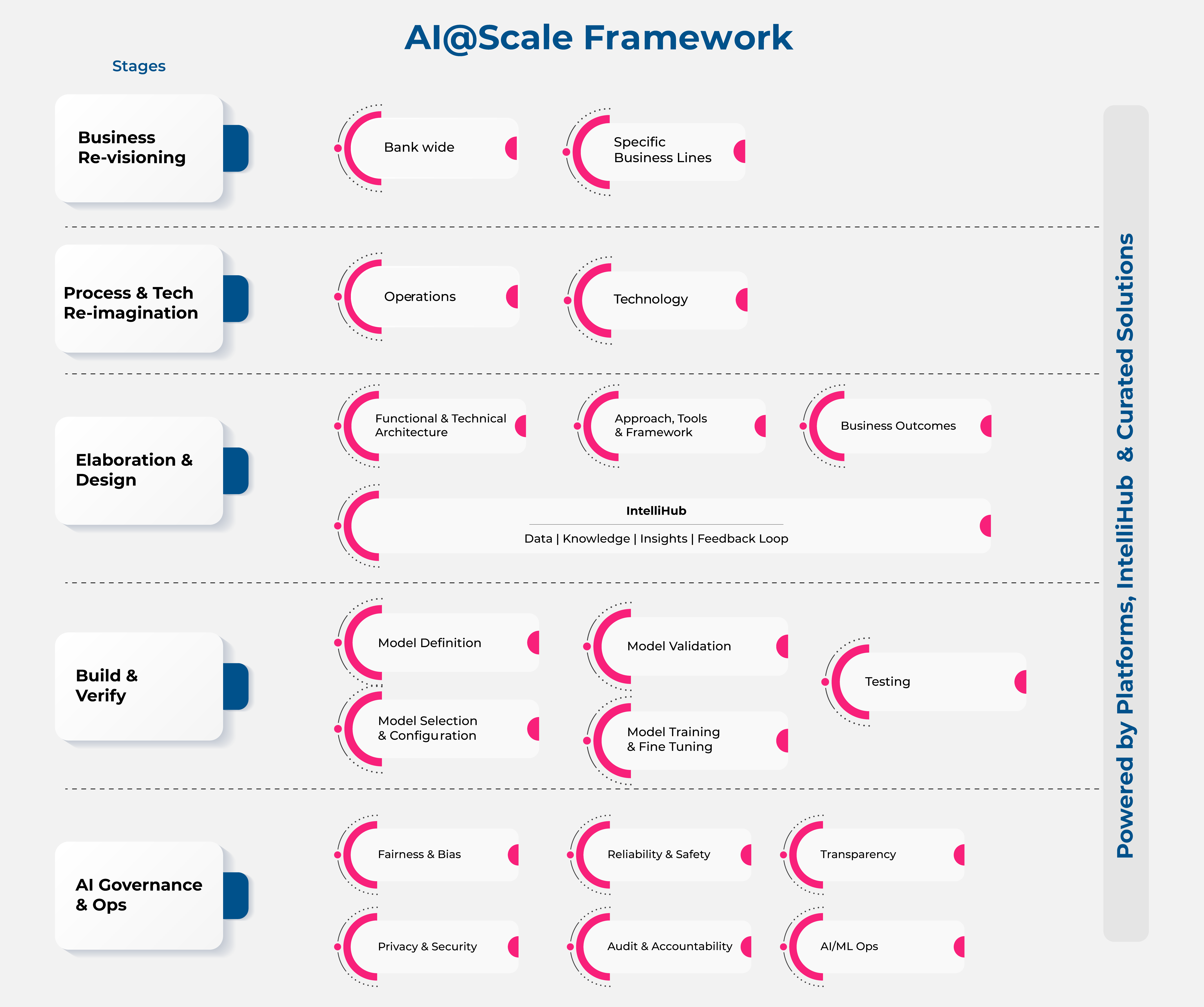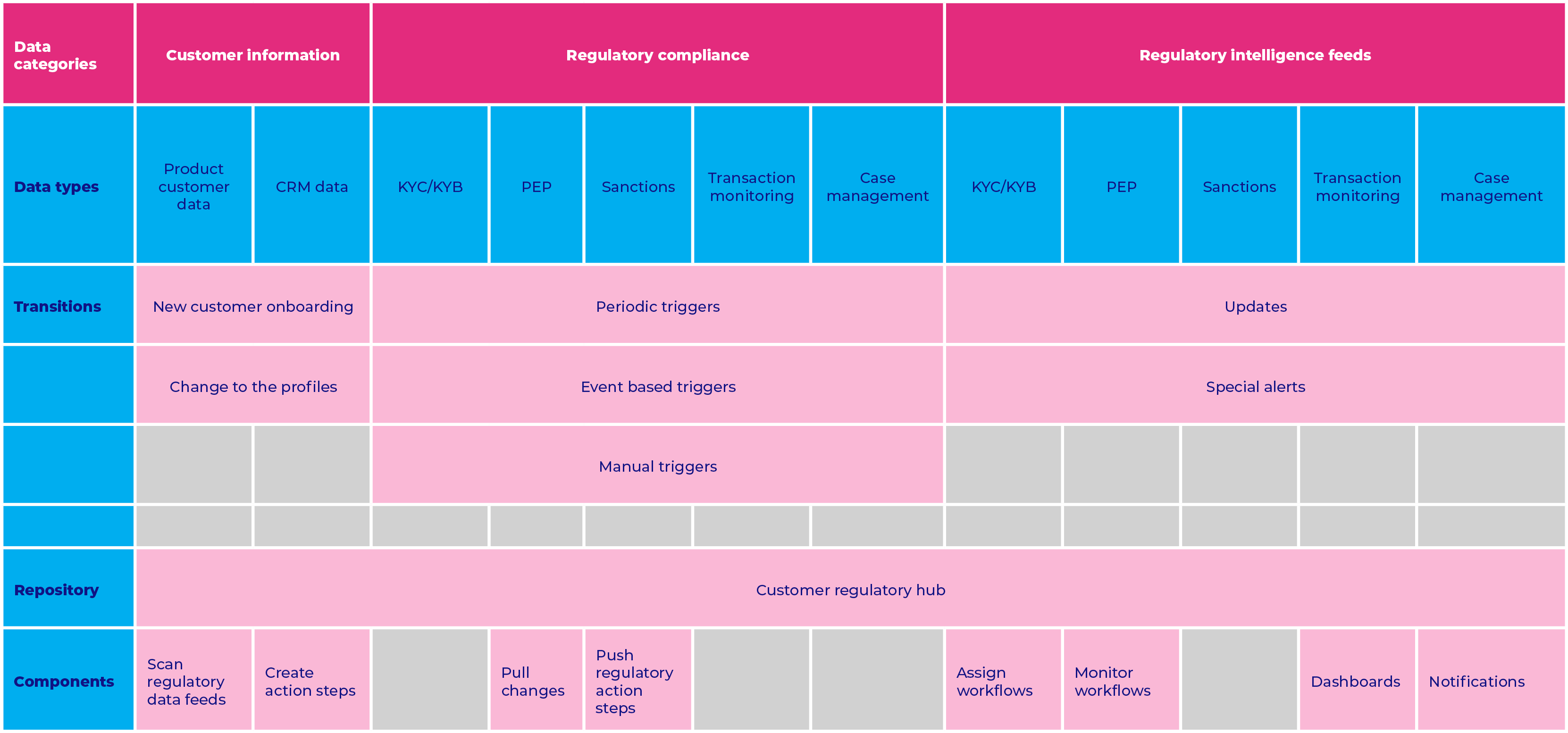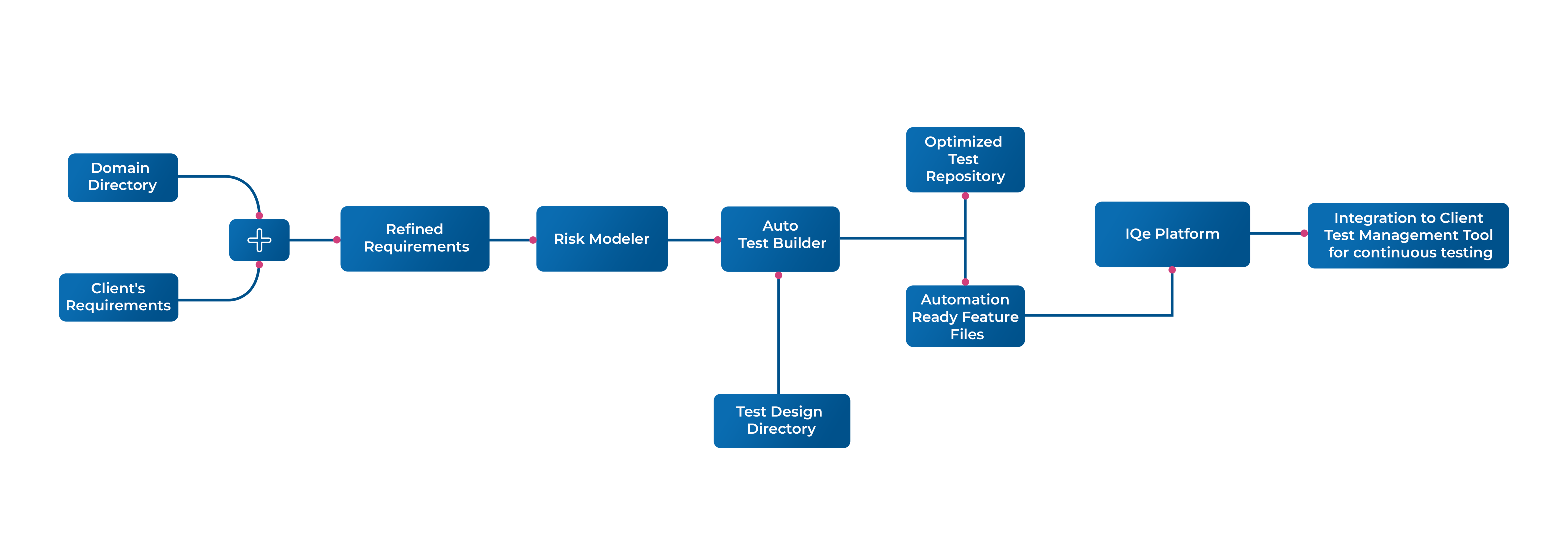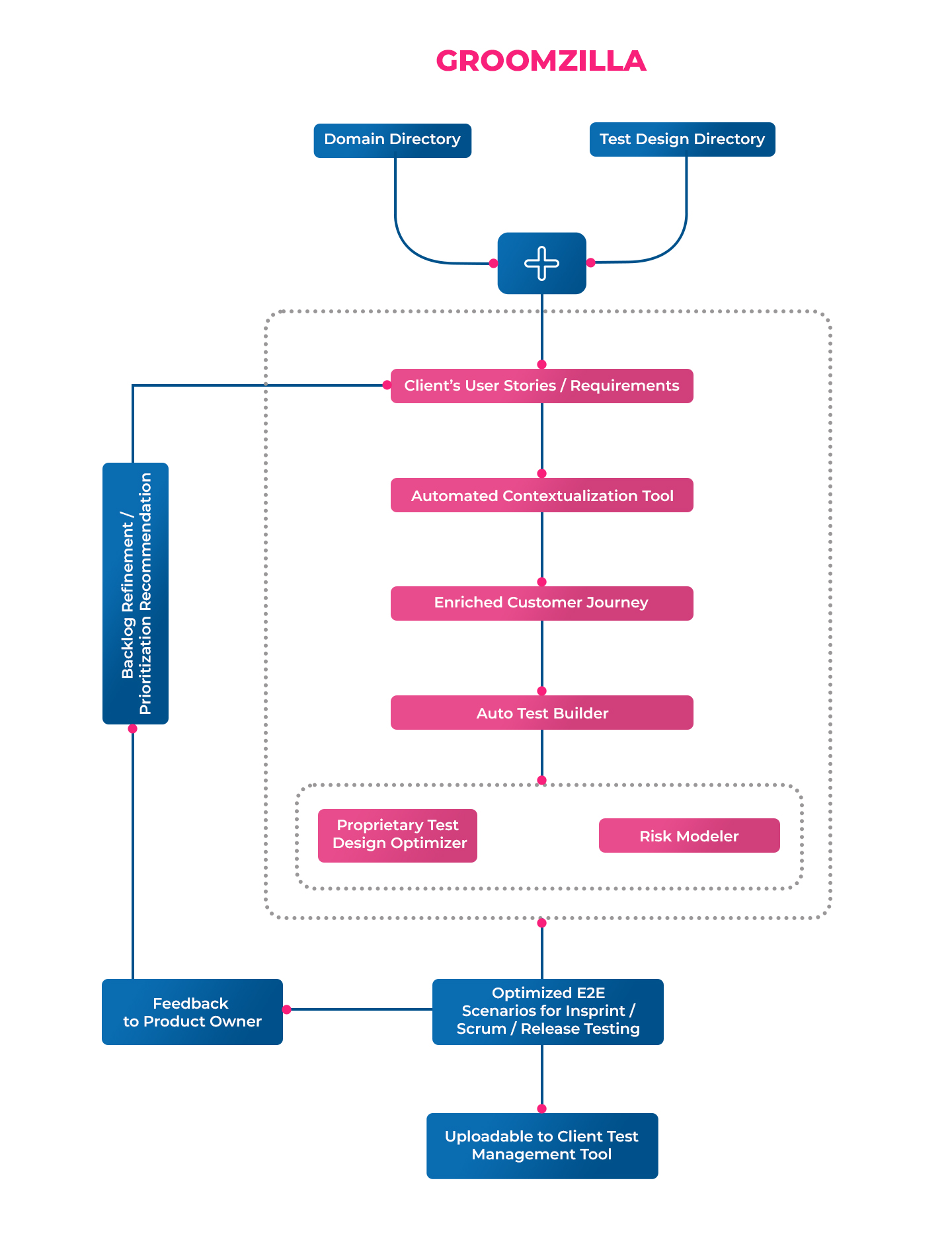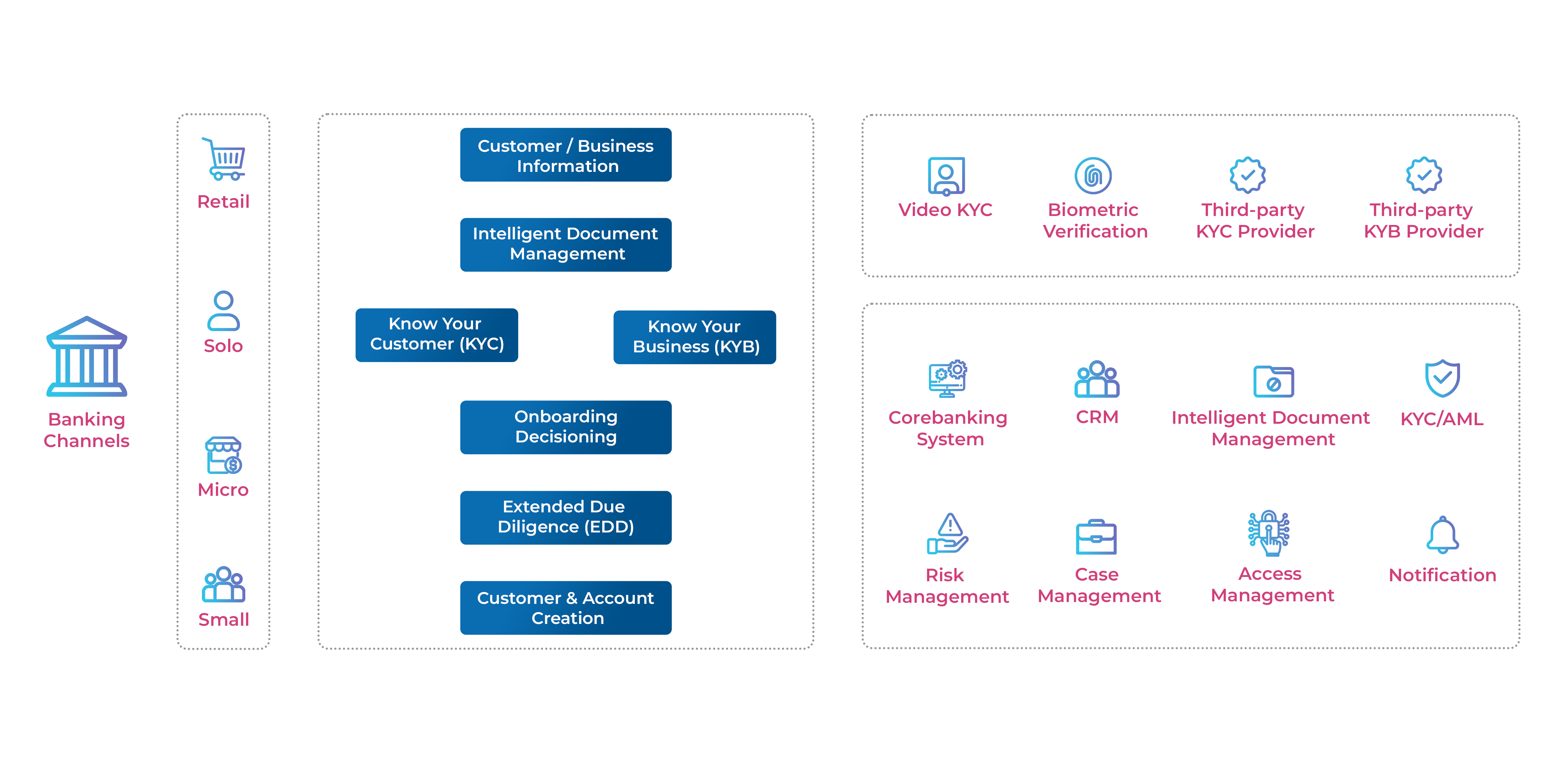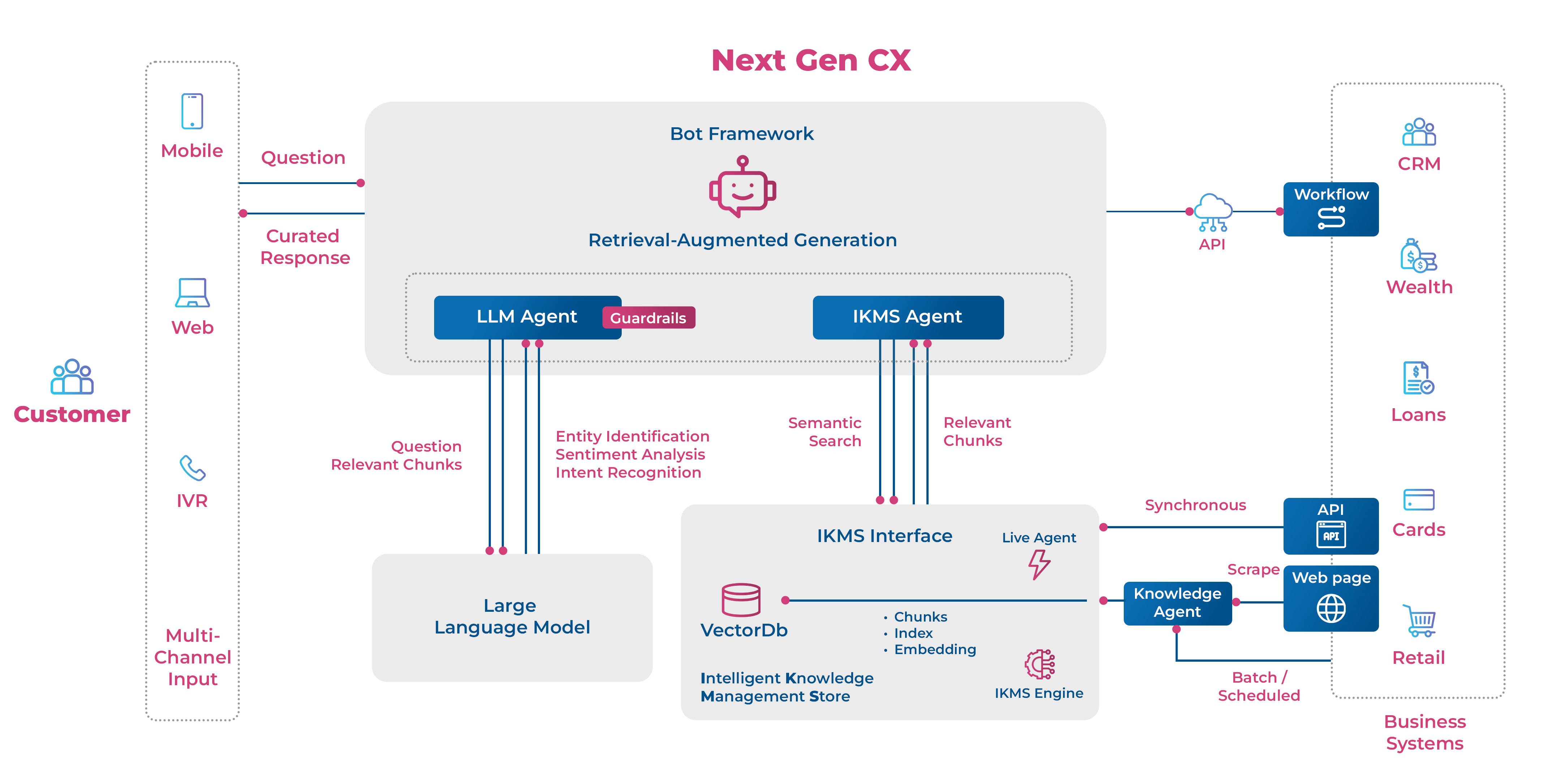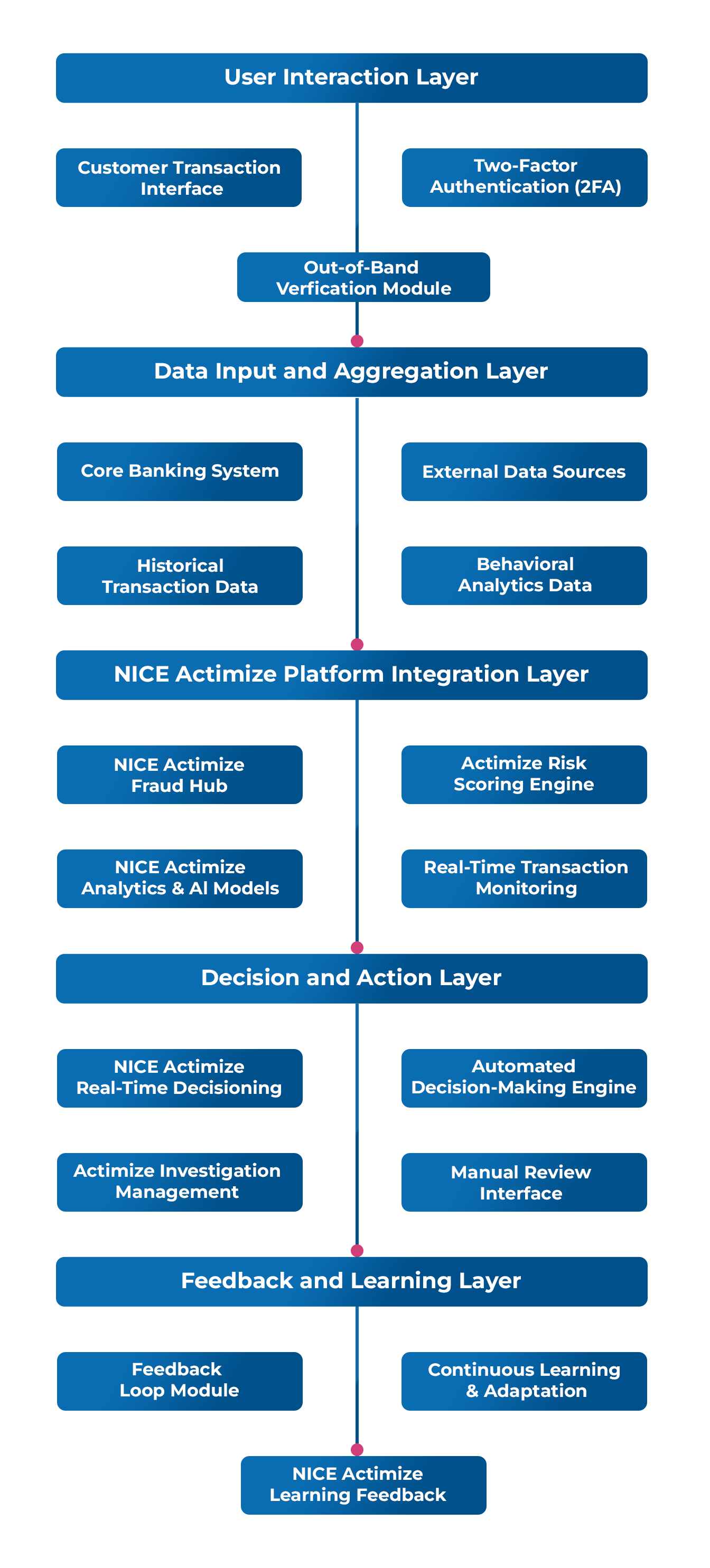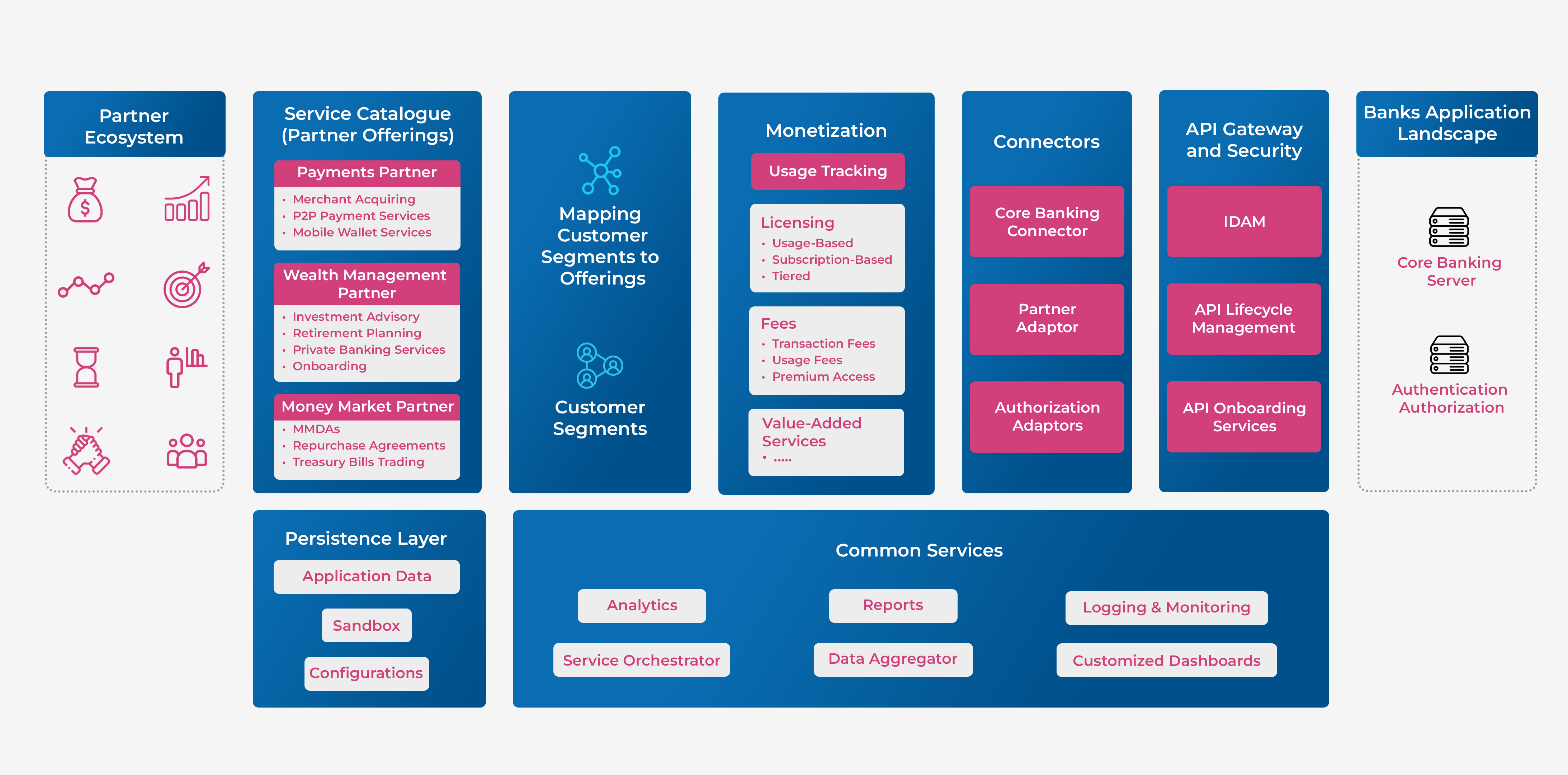Why Regulatory Compliance Software Is Becoming Essential for Banks

Regulatory compliance means that a business or industry is aware of and in line with all the laws and rules that apply to it. These rules can be made at the local, state, federal, or foreign levels. Corporate compliance, on the other hand, is about following internal policies and rules to reach the goals and targets that the company has set for itself. But both types of compliance are essential because they can drive the organization’s strategic direction, decide its ethical framework, and ensure that people are held accountable and that information is clear.
Any compliance worker will tell you that financial safety is the first benefit of following the rules. If an organization doesn’t follow the rules, it might have to pay a lot of money. This happened to Goldman Sachs, Wells Fargo, and JP Morgan Chase in 2020. They had to pay fines totaling $7.50 billion out of the $11.39 billion that all U.S. banks had to pay that year.
Partnering with domain experts in Regulatory Tech like Maveric Systems equips leading banks with a decisive advantage in profitability and strategic preparedness.
Regulatory Compliance Software – Five Indispensable Ways for Banking Growth.
- Business Continuity – Regulatory compliance gives businesses many signs that show them what they need to do to be successful in their field. Compliance laws also came about to help make the market more uniform and let businesses compete fairly, ethically, and on an even playing field. Companies that follow the rules and regulations may do well in their area.
- Cyber-protection: Industries with more risks, like healthcare and finance, know that the information they collect is valuable and will likely be targeted by people with malefic intent. But sometimes, people in other businesses think they are less likely to be attacked. This false belief often leads to less attention on regulatory compliance and less security, which makes cyberattacks and data breaches more likely. Customers are less potential to stick with a company after a data breach, which can have a disastrous effect on the company’s finances and even cause it to go bankrupt or shut down.
- Increasing Costs of Compliance: After the 2008–2009 global economic crisis, governments worldwide have been putting out more and more rules for financial companies. India is no exception. Central Information and Management Systems (CIMS) and the Public Credit Registry (PCR) are the next steps for RBI’s regulatory reporting and lending information systems. For institutions with powerful RegTech frameworks, sending data to the regulator would be as easy as connecting to RBI’s system.
- New Normal Post COVID: Social distance will remain a standard shortly. Even simple processes like physical verification need to be done differently in this new normal. Recently, RBI permitted banks to use video KYC to check out applications for loans and credit cards. Last month, SBI returned its “Insta Savings Bank Account” program. These new projects must use new tools to ensure compliance and reduce risk. The biggest threat is that personally identifiable information (PII) data could be de-anonymized by devices that might not be safe, like the devices that users use to log into the bank’s network.
- Optimizing Banking Operations: Finance has always been a highly controlled field because people’s money is at stake. Technology has spread into all areas of life but has always been slow and careful, held by many different officials. This way of doing things was changed by fintech, which used technology to combine legal compliance with its new services successfully. The same technologies, like Blockchain, AI, machine learning, and cloud computing, are now being used by financial institutions to ensure they follow protocols like AML, KYC, NPA classifications, etc.
Conclusion
With more digitization and cheaper, safer cloud, robotics, and cognitive computers, there are more situations where technology can help. Compliance frameworks can only be finished with the help of people, but technology can automate the most boring, time-consuming, and repetitive chores. RegTech is moving beyond reducing risk and making sure people follow the rules to figuring out how to optimize compliance costs. It can change businesses by giving business insights, improving the customer experience, driving new goods and services, and helping the digital transformation of the industry as a whole.
In short, with the right mix of technology, compliance can become a relatively straightforward process that works well with other business activities.
About Maveric Systems
Starting in 2000, Maveric Systems is a niche, domain-led Banking Tech specialist partnering with global banks to solve business challenges through emerging technology. 3000+ tech experts use proven frameworks to empower our customers to navigate a rapidly changing environment, enabling sharper definitions of their goals and measures to achieve them.
Across retail, corporate & wealth management, Maveric accelerates digital transformation through native banking domain expertise, a customer-intimacy-led delivery model, and a vibrant leadership supported by a culture of ownership.
With centers of excellence for Data, Digital, Core Banking, and Quality Engineering, Maveric teams work in 15 countries with regional delivery capabilities in Bangalore, Chennai, Dubai, London, Poland, Riyadh, and Singapore.
View






